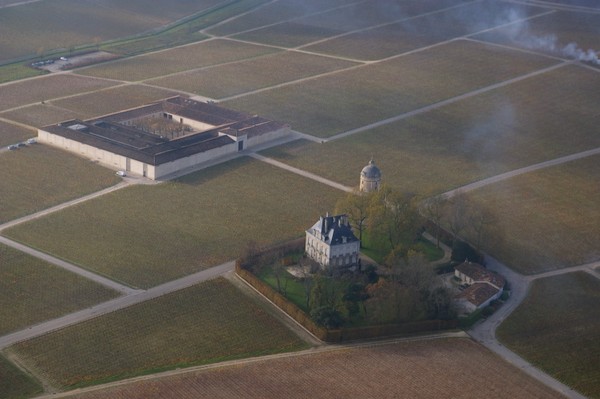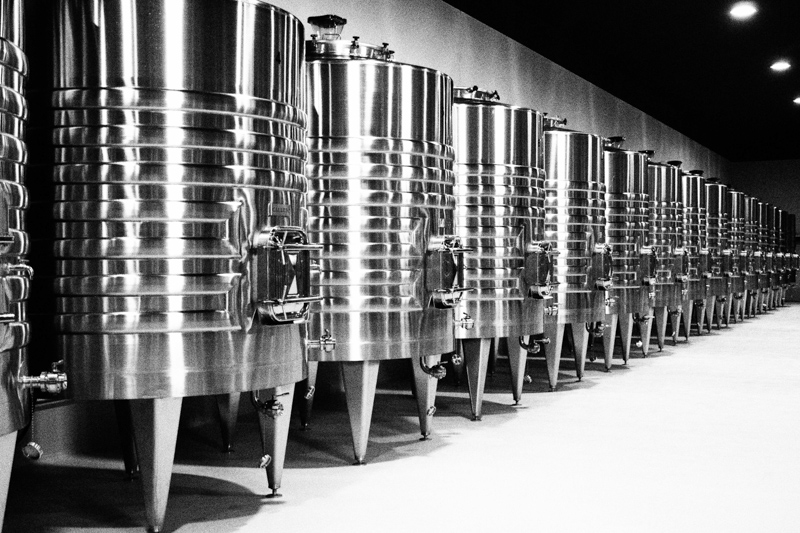It’s primeurs at the moment. A time in the year when the wine world’s attention is focused on Bordeaux. After all, it’s the world’s most important fine wine region, even if it isn’t necessarily the most interesting.
So, some thoughts on two issues that get a lot of air time. Scoring and pricing.
Scoring. Most of the people tasting will be using a 100 point scale. Many give a range rather than a precise score. That is sensible, because it reflects the difficulties of being precise about young wines that are some distance from being bottled. Giving a range score is my policy when tasting unfinished wines.
What we really need to know is the error margin in scoring at this stage. Anyone who has tasted wines from barrel knows how different two barrels can be, even when the same grapes go into both. Add in the different varieties and plots from the same property, and a cask sample as presented at primeurs bears only a family resemblance to what will go into bottle.
Factor in, also, the uncertainty about tasting wine so young, our own innate palate variation from day to day, and the palate fatigue that comes from doing 150+ samples in the same day, and I think scores—even when expressed as a range—are a bit silly for wines like these, and shouldn’t be taken too seriously. And anyone who publishes detailed tasting notes of en primeur samples needs to have their head examined.
Now some thoughts on pricing. First, the pricing of Bordeaux wines is not a moral issue. It’s a business choice.
Put yourself in the shoes of a proprietor of a top Bordeaux property. It’s time for you to set your prices. Set them too low, and someone else will make your margin. Set them too high, and your wine won’t shift, and you may end upsetting customers. You may well do that anyway, but you’d prefer to upset as few of them as possible.
So it’s a game. You consider the hand you have been dealt, and play accordingly. Choosing where to pitch your wine is made more difficult by the fact that many people (if not most) are not buying your wine to drink. They are buying it as part of an investment portfolio. The value of the wine is beyond what it would have as merely a pleasant alcoholic beverage. The market has conferred on it a supplementary value, and this changes everything.
High prices have the secondary effect of boosting market interest in back vintages, which suddenly appear to be good value. So expect high prices to continue: it is in no one’s interest to reduce them too much. The top Châteaux can play the market a bit by only releasing a little wine, in order to keep prices high. But the danger here is that a sudden dip in the actual real world secondary market price of the wine could result in the whole bubble bursting.
It’s fascinating to watch, even if it doesn’t have a great deal to do with the consumption of wine itself.
5 Comments on Bordeaux: scoring and pricing


Though drinking mature Bordeaux (thats not 14.5% etc)is a joy, I have quite simply lost interest in Bdx primeurs due to price. I happily spend money on good wine, and my preferences were the Cru Exceptionnels for QPR and VFM. I bought Ormes de Pez 08 for £144IB which now looks like a bargain. The latest vintages are in excess of £200IB and not 25-30% better. It’s time to do more treasure hunting and find real superieur gems such as http://www.jascots.co.uk/p870/ch-teau-bellevue-half-bottle-bordeaux-france-2009/
Beautiful photograph of Latour.
The game is afoot, or a mouth.
The primeurs needs to be revamped, the Châteaux don’t need the money in advance any more so quit giving it to them. Also the surprise rescoring when in bottle (the 2009s) and cranking up of said scores, then the 10 year tasting with score adjustments have all become a circus that discredits well made fine wines we hold and horror of horrors drink.
Good article! I really like the wines from Bordeaux.
As with 2004 once 2005 came along expect the shelves to be full of discounted, excellent 2008 with the arrival of the 2009 and 2010. I love wine but only fools with more money than sense will pay the asking price for Bordeaux’s top growths these days.